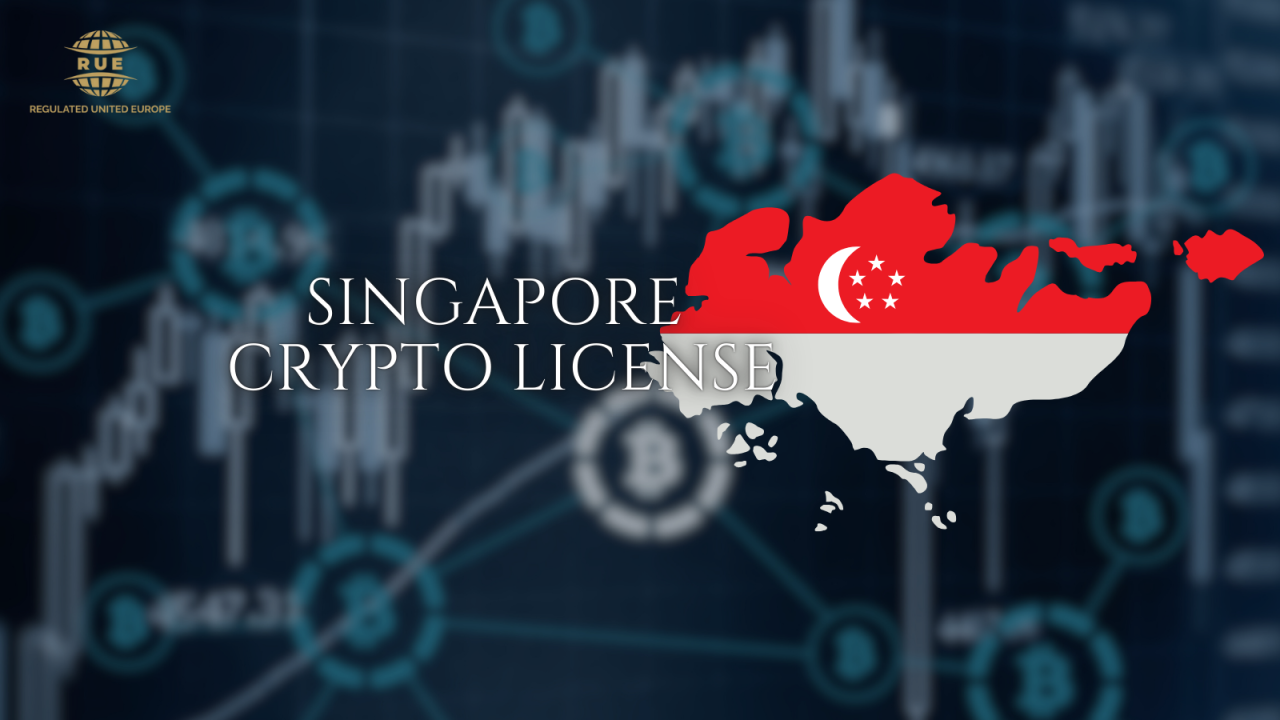Singapore, long hailed as the “Switzerland of Asia” for its crypto-friendly stance, just dropped a regulatory bombshell that’s echoing across trading desks from Dubai to Dublin. As of June 30, 2025, crypto exchanges incorporated in Singapore but serving only overseas clients must now have a license under the Financial Services and Markets Act (FSMA) or face the digital guillotine: forced closure, fines up to SGD 250, 000 (about $200, 000), and even jail time. If you thought your offshore crypto hustle was safe in the Lion City, think again.
![]()
Singapore’s Crypto Clampdown: The New Reality
Let’s be honest: crypto onboarding regulations have always been a bit like assembling IKEA furniture without instructions. But Singapore’s latest move is no Allen key, this is a full toolkit overhaul. The Monetary Authority of Singapore (MAS) isn’t mincing words. They’re demanding that Digital Token Service Providers (DTSPs) operating from Singapore and targeting offshore clients must secure a license by June 30 or shut down shop.
The message? No more regulatory hide-and-seek. MAS is worried about money laundering and terrorism financing risks that come with cross-border crypto flows. According to TRM Labs, licenses will only be granted in “extremely limited circumstances. ” In other words: unless you’re squeaky clean and can prove it six ways from Sunday, don’t hold your breath.
Bitcoin Holds Steady Above $100, 000 as Regulation Bites
If you’re wondering whether all this regulatory drama has rattled Bitcoin, take a deep breath. As of today, Bitcoin sits at $106, 472. 00, just off its 24-hour high of $107, 806. 00. While price volatility is par for the course in cryptoland (and possibly causes more heart palpitations than your morning espresso), this latest move hasn’t triggered any major panic selling, yet.
This resilience signals something important for global crypto onboarding: even as jurisdictions like Singapore tighten up, investor confidence in flagship assets remains strong. Still, with major exchanges like Bitget and Bybit eyeing exits to more permissive hubs such as Hong Kong and Dubai (Financial Times), the center of gravity for onboarding new users may shift east, or west, depending on where the regulatory winds blow next.
The Global Domino Effect: Will Other Countries Follow?
Singapore isn’t acting in isolation, its clampdown reflects a worldwide trend toward tougher global crypto regulations in 2025. From Europe’s MiCA framework to America’s ongoing tussle with stablecoin legislation, everyone wants their slice of compliance pie (preferably without indigestion). The aim? To stop financial crime while still encouraging innovation, a balancing act worthy of Cirque du Soleil.
The big question for anyone interested in crypto onboarding regulations: Will other countries adopt Singapore’s playbook? Or will they try to lure talent by offering more flexible frameworks?
- Hong Kong: Rolling out welcome mats, and maybe red carpets, for displaced firms.
- Dubai: Betting big on becoming the new offshore crypto capital.
- Europe: Standardizing rules across borders but still open for business (if you love paperwork).
The upshot? Where exchanges go, and how easily new users can onboard, will depend on who finds that sweet spot between safety and innovation first.
For crypto newcomers and veterans alike, these licensing changes mean the onboarding journey might soon require more than just a selfie and proof of address. Expect more rigorous Know Your Customer (KYC) checks, enhanced anti-money laundering (AML) procedures, and a lot less tolerance for “creative” interpretations of compliance. The days of hopping from one jurisdiction to another with little more than a VPN and a prayer are numbered.
Top 5 Tips for Global Crypto Onboarding in 2025
-

Secure a MAS License—Or Prepare to RelocateSingapore’s Monetary Authority (MAS) now requires all Digital Token Service Providers (DTSPs) serving overseas clients to obtain a license under the FSMA by June 30, 2025. Licenses are rarely granted, so global exchanges like Bitget and Bybit are eyeing moves to friendlier hubs like Hong Kong and Dubai.
-

Prioritize Robust AML/KYC ComplianceWith Singapore’s crackdown, anti-money laundering (AML) and know-your-customer (KYC) protocols are non-negotiable. Major platforms like Binance and Coinbase have doubled down on user verification and transaction monitoring to stay ahead of global regulatory expectations.
-

Stay Alert to Global Regulatory ShiftsSingapore’s move is part of a wider global trend—jurisdictions everywhere are tightening crypto rules. Platforms like Chainalysis and TRM Labs help exchanges track evolving regulations and adapt quickly to avoid costly missteps.
-

Embrace Multi-Jurisdictional StrategiesWith regulatory uncertainty, top exchanges like Kraken and OKX are diversifying operations across multiple countries. This approach reduces risk, ensures service continuity, and keeps onboarding smooth for global users.
-

Communicate Clearly With Users—Especially About RisksAs rules change, platforms like Gemini and Crypto.com stand out by providing transparent updates about regulatory changes, new onboarding requirements, and potential risks—helping users navigate the evolving crypto landscape confidently.
But let’s not forget: stricter rules aren’t all doom and gloom. For serious investors and projects, increased transparency could mean fewer rug pulls and more confidence in the platforms they use. And for those who love a good checklist (you know who you are), Singapore’s FSMA regime sets out clear expectations, no more regulatory grey zones or wild west antics.
How This Impacts Offshore Crypto Clients
If you’re an offshore client previously enjoying Singapore’s regulatory hospitality, it’s time to check your passport, and your platform. Many exchanges will either jump through MAS’s hoops or pack their bags for friendlier shores. This means users may need to migrate accounts, re-verify identities, or adapt to new fee structures as companies adjust their operating costs.
It also means that the onboarding process itself is likely to get longer and more detailed. Imagine onboarding as airport security: it used to be a quick scan; now it’s shoes off, laptops out, and no liquids over 100ml. Is it annoying? Sure. But is it safer? Absolutely.
Crypto Compliance Onboarding Tips: Staying Ahead in 2025
Navigating this new landscape doesn’t have to feel like decoding an ancient treasure map. Here are some practical steps for users and businesses looking to stay compliant, and sane:
- Stay Informed: Regulatory environments shift quickly; subscribe to updates from official sources like MAS.
- Choose Licensed Platforms: If you’re onboarding, make sure your exchange is licensed wherever you’re based, or risk getting locked out overnight.
- Get Your Docs Ready: KYC requirements are only getting tougher; have ID scans and proof of address handy.
- Watch for Fee Changes: New compliance costs may trickle down into trading fees, read the fine print!
The bottom line? The days of “move fast and break things” are giving way to “move carefully or pay $200, 000 fines. ” As always in crypto, agility is key, but so is playing by the rules if you want a seat at the table in 2025 (Cointelegraph).
If you’re feeling overwhelmed by all this regulatory chess, don’t worry! The industry will keep evolving, just like Bitcoin itself (still holding strong at $106, 472. 00). Whether Singapore’s hardline stance becomes the global norm or sparks a race toward friendlier jurisdictions remains to be seen, but one thing’s certain: onboarding into crypto in 2025 will take more than just clicking “I agree. ”



